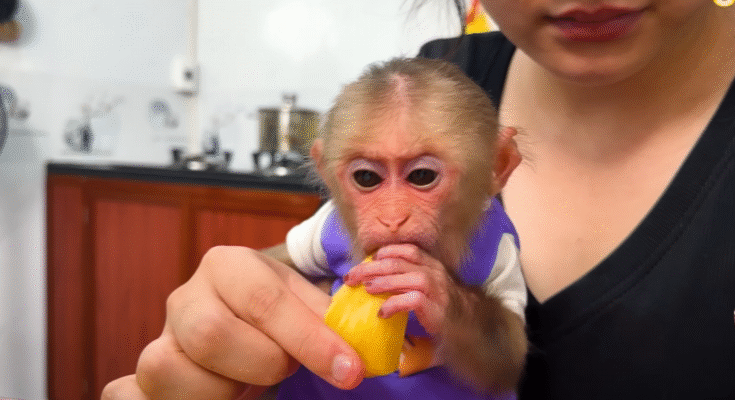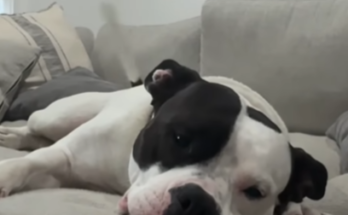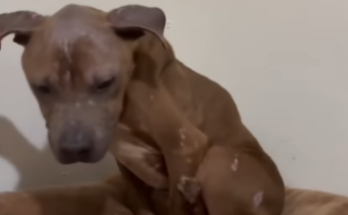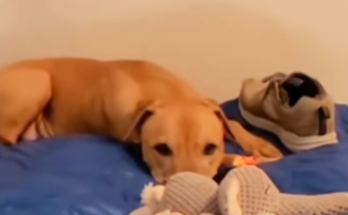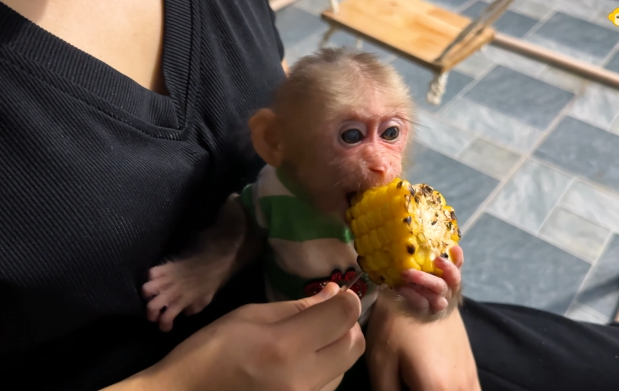
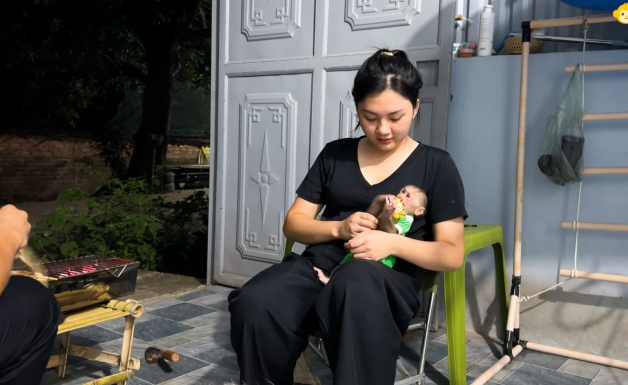
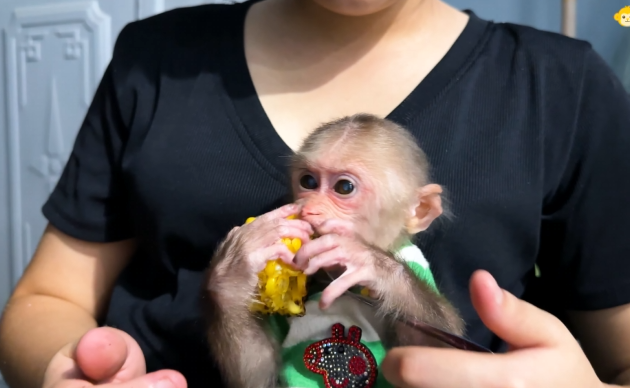
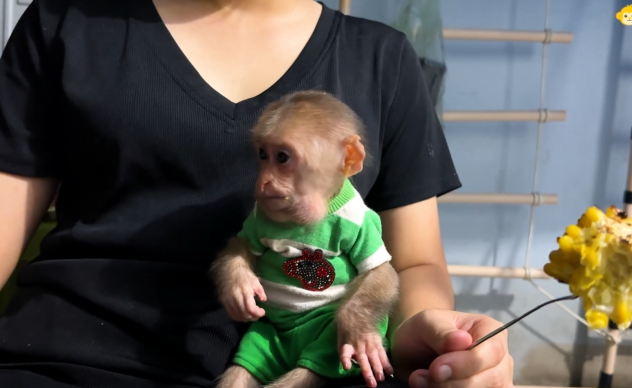
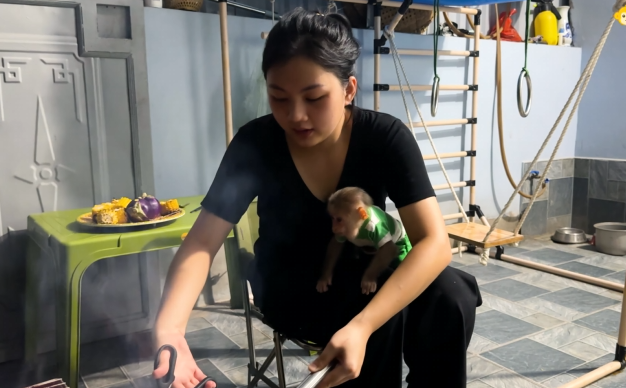
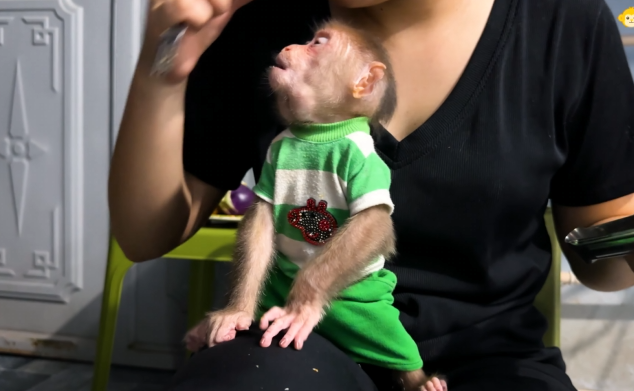
It was just another busy morning at the towering headquarters of K-Tech Corporation. CEO Kien sat at the head of a long conference table, leading a crucial board meeting with investors, analysts, and top executives. As usual, his mind was sharp, his focus intense. Charts and projections filled the screen behind him, and every word he spoke was met with silent nods and scribbling pens. But just as the meeting was reaching its climax, Kien’s personal assistant slipped quietly into the room, her expression grave.
She handed him a phone with trembling hands.
“It’s about Lala, sir,” she whispered.
In an instant, Kien’s demeanor changed. He stood up so abruptly that the room fell into stunned silence. “This meeting is over,” he said, voice low but firm. Without another word, he strode out, leaving a room full of bewildered executives behind. Something was wrong—terribly wrong.
Lala wasn’t just anyone to Kien. She was his adopted daughter, the little girl who had changed his life. Years ago, Kien had found her in a remote village while conducting a charity project. Abandoned, malnourished, and suffering from a bad fever, Lala had clung to his hand with innocent trust the moment they met. From that moment, she was family.
Back then, Kien had nothing. He was just starting his first tech startup. But Lala had been his motivation to build a better future—not just for himself, but for her. As his company grew, so did their bond. Every birthday, every scraped knee, every bedtime story—Kien was there. Despite his demanding schedule, Lala remained the center of his world.
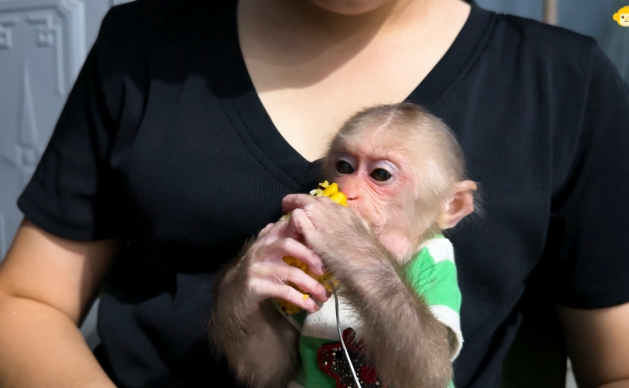
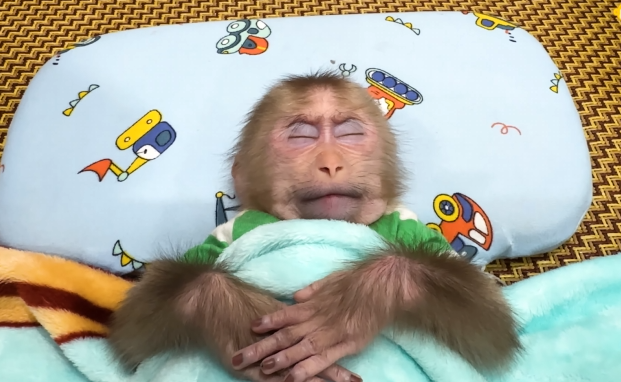
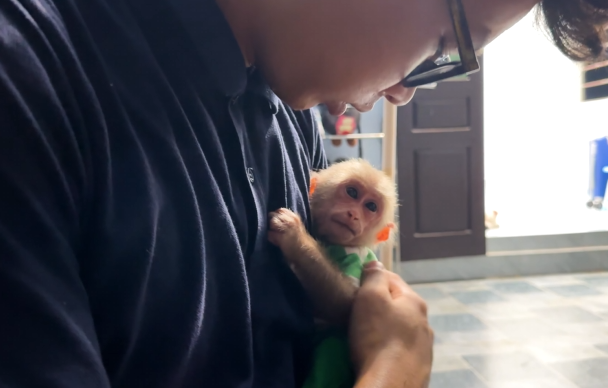
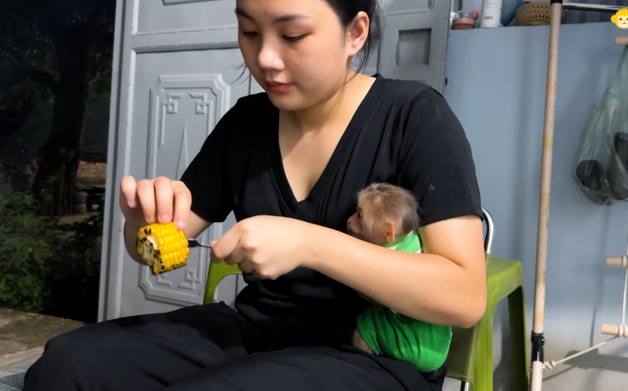
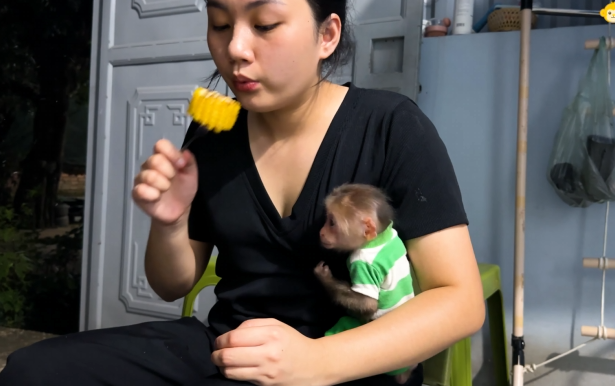
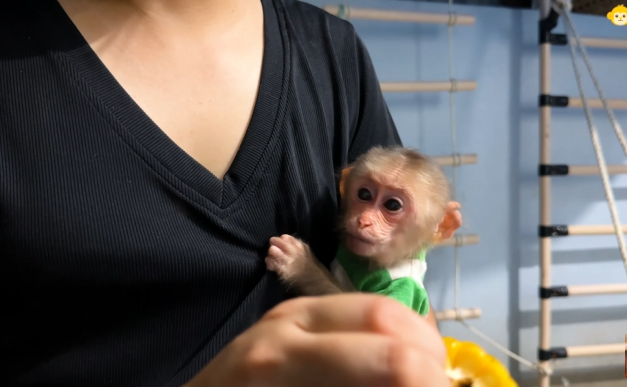
Now, she was in trouble.
On his way to the airport, Kien’s mind was a storm of fear and urgency. The call from the family doctor had been short and chilling. Lala had woken up crying, complaining of blurry vision and intense pain in her eyes. Her mother had rushed her to the hospital, where tests revealed something potentially serious: acute optic neuritis. It could be temporary—or the beginning of permanent vision loss.
Kien’s heart raced. Lala can’t go blind, he thought. Not my little girl.
Back at the hospital, Lala lay on a small white bed, clutching her stuffed bunny, eyes red from crying. Her mother, Mai, sat beside her, holding her hand and gently brushing her hair back.
“Where’s Daddy?” Lala whispered, her voice weak.
“He’s coming, sweetheart,” Mai replied, fighting back tears. “He’s coming as fast as he can.”
Just a few hours later, the sliding glass doors of the hospital burst open. Kien came running in, still wearing his suit, his tie flapping behind him. His eyes scanned the lobby wildly until he saw Mai waving. He rushed over, knelt beside the bed, and gently gathered Lala into his arms.
“Daddy’s here,” he said, pressing his forehead to hers. “I’m right here, my baby.”
Lala began sobbing. “I don’t want to be blind, Daddy.”
“You won’t be,” he said firmly, though his own heart was breaking. “I promise, I’ll do everything to help you see again.”
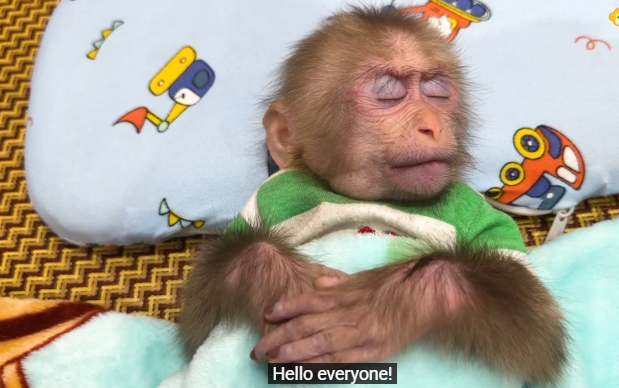
Over the next few days, Kien put his entire company on hold. All meetings were postponed, projects paused. Nothing mattered except getting Lala the best care possible. He flew in top ophthalmologists, neurologists, and specialists from Singapore, Japan, and France. Money was no object. Kien converted one wing of the hospital into a private treatment area for Lala, where she was constantly monitored, comforted, and treated with the most advanced therapies available.
The doctors were cautiously optimistic. With steroid treatments and rest, the swelling in her optic nerve might reduce. But no one could guarantee recovery. The risk remained.
Throughout it all, Kien stayed by her side. He read her stories, massaged her temples when the pain was bad, and sang lullabies at night like he used to when she was small. The image of powerful CEO Kien, gently braiding his daughter’s hair or feeding her soup, moved the hospital staff to tears.
Mai watched him in silence. Despite their separation a year ago, she felt immense gratitude for the man who had once again put everything aside for their daughter. She even caught herself wondering if this tragedy might somehow bring them closer.
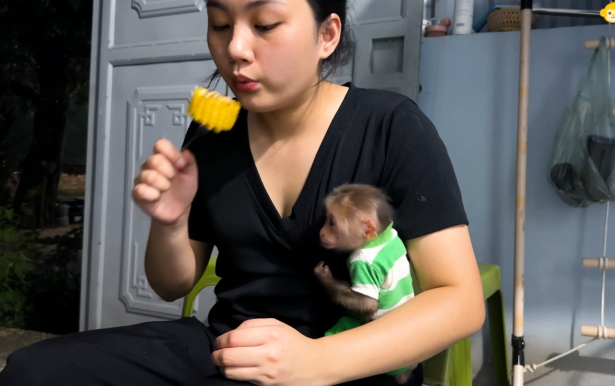
On the seventh day, Lala woke up and blinked a few times.
“Daddy,” she said, her voice still small, “I can see a little light.”
Kien froze. “Really? How many fingers am I holding up?”
She squinted, then smiled faintly. “Three?”
Kien laughed through his tears. “Yes! That’s right!”
The doctors confirmed that the swelling was subsiding. Her vision was returning—slowly but surely. With continued care, they believed Lala would regain full eyesight. It was a miracle. The whole room erupted in joyful relief.
Kien knelt by her bed and kissed her forehead. “You’re my brave girl,” he said. “So strong.”
Lala smiled. “You came so fast, Daddy. I knew you’d save me.”
News of CEO Kien’s sudden exit from his company and his personal sacrifice for his daughter began circulating in the media. Photos of him holding Lala’s hand in the hospital room went viral. Commenters praised him for being more than just a business mogul—a real father, full of heart.
One post read: “Powerful men may run companies, but great men run to their children.”
Another simply said: “A CEO who cancels billion-dollar deals for a hospital bed and bedtime stories—this is love.”
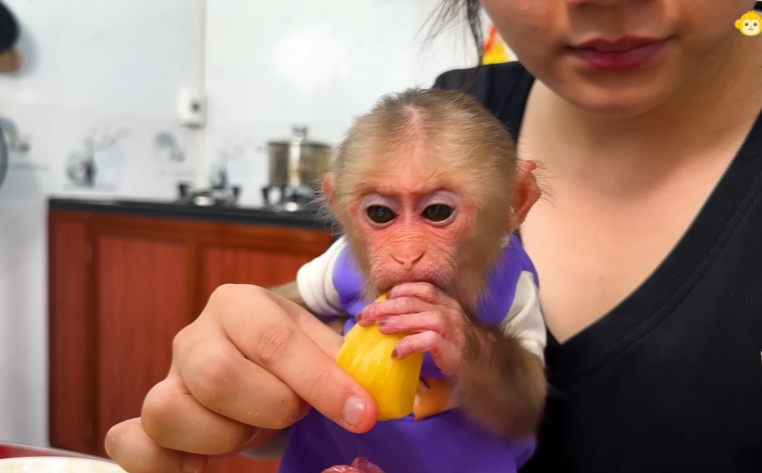
Two weeks later, Lala walked out of the hospital, holding Kien’s hand. Her vision was still a little fuzzy, but she could see the sunlight, the trees, the faces of the people she loved. She smiled at Mai, then at her father.
“I want to be a doctor,” she said, suddenly. “So I can help kids who are scared like I was.”
Kien nodded, his heart swelling with pride. “You’ll be the best doctor in the world.”
Back at home, Kien tucked her into bed that night. As he sat by her side, watching her drift to sleep, he thought about all the contracts, the deadlines, and the business meetings he had missed.
None of it mattered.
He had his daughter back. And she could see again.
That was worth everything.
